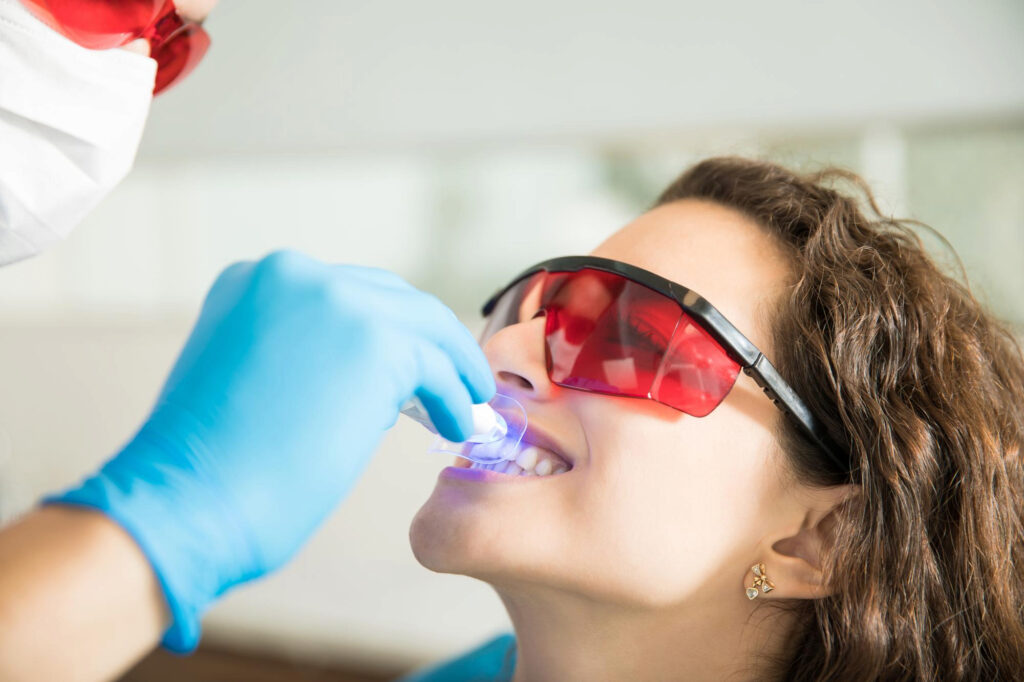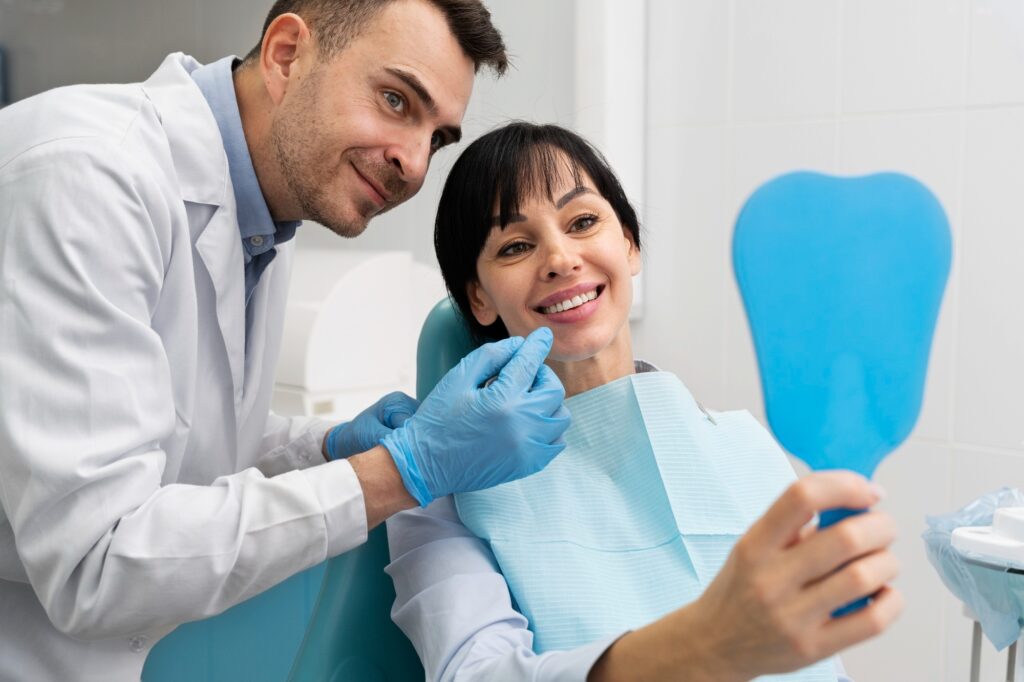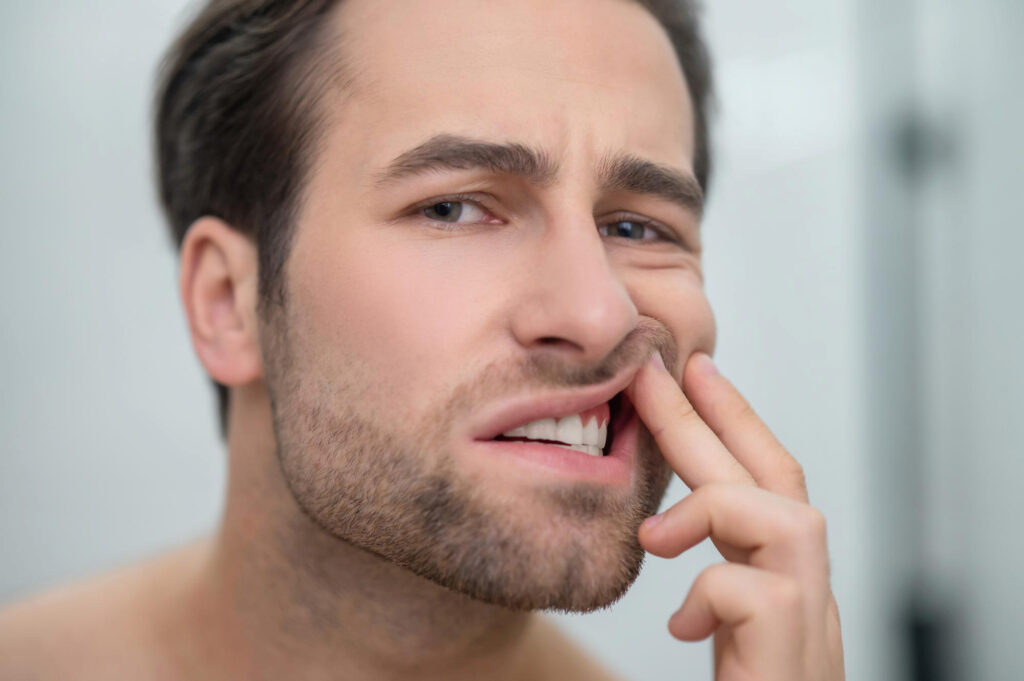Discover the importance of tongue cleaning for maintaining optimal oral hygiene and preventing various dental issues. This comprehensive guide provides insights into the benefits of tongue cleaning and offers tips on how to incorporate it into your daily oral care routine. Understanding the Role of the Tongue in Oral Health The tongue plays a crucial role in our oral health. It is not only responsible for our sense of taste, but it also helps us speak and chew food properly. However, the tongue can also harbor bacteria, food particles, and dead cells, which can lead to bad breath, tooth decay, and other dental problems. That’s why it is important to clean our tongue regularly as part of our oral hygiene routine. When we don’t clean our tongue, the bacteria and debris on its surface can accumulate and form a layer called tongue plaque or biofilm. This layer can contribute to the development of cavities, gum disease, and other oral infections. Additionally, the buildup of bacteria on the tongue can produce volatile sulfur compounds, which are responsible for bad breath. Therefore, by cleaning our tongue, we can maintain a fresh breath and reduce the risk of oral health issues. The Benefits of Tongue Cleaning Tongue cleaning offers several benefits for our oral health. Firstly, it helps remove the bacteria, food particles, and dead cells that accumulate on the tongue’s surface. This reduces the risk of cavities, gum disease, and bad breath. Additionally, tongue cleaning can enhance our sense of taste. When the taste buds on the tongue are covered with debris, they cannot function properly and may lead to a diminished ability to taste flavors. By cleaning the tongue, we can improve our taste perception and enjoy our food better. Furthermore, tongue cleaning can improve overall oral hygiene by reducing the amount of bacteria in the mouth. This can have a positive impact on our immune system and help prevent infections. It is especially important for individuals who have a higher risk of oral health problems, such as those with diabetes or compromised immune systems. Overall, regular tongue cleaning is an essential part of maintaining optimal oral hygiene and preventing dental issues. It not only promotes fresh breath and a clean mouth but also contributes to better taste perception and overall oral health. Different Methods of Tongue Cleaning There are various methods available for cleaning the tongue. One common method is to use a tongue scraper or cleaner. These tools are usually made of plastic or metal and have a curved shape to fit the contours of the tongue. To use a tongue scraper, gently place it at the back of the tongue and scrape forward, removing the debris and bacteria. Rinse the scraper after each stroke to remove the collected residue. Repeat this process a few times until the tongue feels clean. Another method is to use a toothbrush to clean the tongue. After brushing your teeth, gently brush the surface of the tongue using the bristles of the toothbrush. Make sure to reach the back of the tongue as well. Rinse the toothbrush thoroughly after cleaning the tongue to remove any bacteria or debris. Some toothbrushes also come with a built-in tongue cleaner on the back of the brush head. This can be used to gently scrape the tongue or brush its surface. Alternatively, tongue cleaning can be done using a mouthwash or tongue-cleaning gel. These products are specifically designed to kill bacteria and freshen the breath. Simply follow the instructions on the product label to effectively clean your tongue. The key is to choose a method that you are comfortable with and that effectively removes the debris and bacteria from your tongue. Remember to be gentle and avoid applying too much pressure, as this can cause discomfort or injury to the tongue. Incorporating Tongue Cleaning into Your Oral Care Routine To incorporate tongue cleaning into your daily oral care routine, consider the following steps: 1. Choose a tongue cleaning method that suits you best, such as a tongue scraper, toothbrush, or mouthwash. 2. Make it a habit to clean your tongue at least once a day, preferably in the morning or before bedtime. 3. Start at the back of the tongue and gently move the cleaner or brush forward, removing the debris and bacteria. 4. Rinse the tongue cleaner or toothbrush thoroughly after each use to remove any residue. 5. Finish by rinsing your mouth with water or an alcohol-free mouthwash to ensure a clean and fresh feeling. By following these steps, you can effectively incorporate tongue cleaning into your oral care routine and reap the benefits of a cleaner and healthier mouth. Additional Tips for Optimal Oral Hygiene In addition to tongue cleaning, there are other tips you can follow to maintain optimal oral hygiene: 1. Brush your teeth twice a day using a fluoride toothpaste and a soft-bristle toothbrush. 2. Floss daily to remove plaque and food particles from between your teeth. 3. Use a mouthwash to kill bacteria, freshen your breath, and reduce plaque buildup. 4. Visit Puri Dentistry regularly for professional cleanings and check-ups. 5. Avoid tobacco products and limit your intake of sugary and acidic foods and drinks. By incorporating these practices into your daily routine, you can maintain a healthy smile and prevent dental problems.










